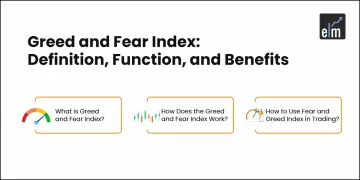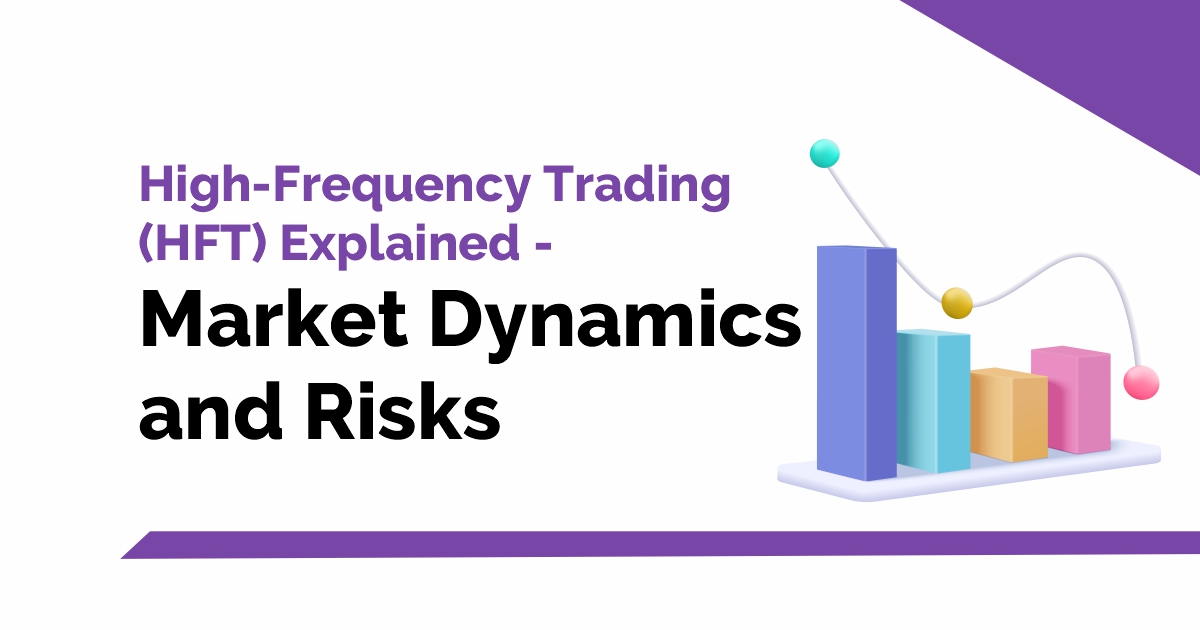Key Takeaways
- Dabba Trading is illegal and takes place outside official exchanges like BSE and NSE.
- Traders are drawn to it due to no taxes, no documentation, and no SEBI involvement.
- It carries high risks including financial loss, no legal support, and possible jail time.
- It is punishable under Section 23 of the Securities Contracts (Regulation) Act.
- Safer investing happens through regulated stock exchanges only.
Table of Contents
We all know India’s stock market is growing rapidly and following strict rules and regulations. Despite these regulations, there is a hidden and illegal trading system known as Dabba Trading. This type of trading happens outside BSE or NSE. For weeks, I read about this underground trading system, stories of traders who had lost fortunes here (or scored big), raids that shook states of Maharashtra, Gujarat and more. So let’s understand what Dabba Trading is all about, how it works, the risks involved in it and what can be the consequence of such illegal trading in India.
What Is Dabba Trading Actually?
Dabba Trading is basically illegal trading where traders place orders through dabba operators and these trades are never recorded on stock market platforms.
The word “dabba” in hindi means a “box”. Here dabba means a diary where all the trades are recorded manually by dabba operators or agents. Instead of actually buying or selling the stocks, traders make bets on the price movements.There is no involvement of SEBI. Apart from that it is tax free and there are no legal contracts involved.
How Dabba Trading Works?
To simplify it, there are two methods of Dabba Trading:
Method 1: The dabba broker acts as an intermediary between traders. If a seller wants to sell stocks, the seller will inform the dabba operator and the agent will find a buyer who wants to buy those stocks. The dabba operators get a commission for such trades.
Method 2: If a trader places a bet on a stock and it hits correctly then the profit earned will be given to the trader. But if the prediction goes wrong then the trader will lose money and the agent earns from the trader’s loss.
Why do People Still Use Dabba Trading?
People use Dabba Trading because of the following reasons:
- To avoid tax: As mentioned above, Dabba Trading is tax free. Traders are not liable to pay any brokerage fee, income tax or GST.
- To avoid procedural slowdowns: Since trades are done outside official exchanges and without regulatory checks, orders are placed instantly. Thus, the trading becomes faster.
- No regulations: There is no involvement of SEBI as the trading is done outside the stock market.
- To avoid documentation: Dabba trading involves no paper work, no KYC and no documentation which often attracts a lot of traders.
Who Really Pays the Price?
- Retail Traders – Charmed by sky‑high margins and zero fees, they end up trusting strangers and often lose it all.
- Government & Exchanges – SEBI and exchanges bleed roughly ₹3,500 crore in lost STT each year, plus ₹400 crore in forgone stamp duty.
- Legitimate Brokers – Watch helplessly as market share drifts into the black economy.
Risk Associated in Dabba Trading
While dabba trading avoids tax, documentations, and regulations, it involves certain risks that are severe and sometimes irreversible. These risks include:
- Illegal: Dabba Trading is illegal in India. If the trader and dabba broker get caught, they may have to pay hefty fines or may be subject to legal action including incarceration.
- No support and assistance: In case the trader has not received the money, there is no support in dabba trading. Unlike in stock trading where you get support from SEBI.
- Loss of money: There is high risk involved in this type of trading due to fraudulent activities and hence a trader may lose a huge amount of money.
- No Audit Trail: In a regular trade, everything is recorded from the moment you place your order to the final settlement. In Dabba trading, there is no paper trail. No demat account. No record on your broker’s app. Just handwritten notes or Excel sheets.
The Legal Minefield
Under Section 23 of the Securities Contracts (Regulation) Act, any trading outside recognized exchanges is a crime, punishable by up to 10 years in jail and a ₹25 crore fine. Yet enforcement is patchy:
- 2023 Mumbai Bust: Kandivali police nabbed an operator handling ₹472 crore monthly with zero taxes paid.
- Ahmedabad Raids: PC Branch swooped in, seizing a few lakhs and a shiny laptop.
- Ghatkopar Seizure (2021): ₹6,840 crore in cash and assets four arrests, three went free on bail.
Most operators slip the net, thanks to local police ties, bribes, or ghost-like vanishings once the heat is on.
Conclusion
Dabba trading might look like an easy way to earn money but it is not safe. It is not allowed by SEBI, which means it is illegal. There is no one to help you in case you lose money. You also don’t get any legal protection.
In the beginning, it may seem simple and exciting, but later it comes with stress, heavy losses and even legal problems. Actual investing happens only through regulated stock exchanges, where your money stays safer and your rights are protected.
So, if you genuinely care about your savings and future, it is advisable to stay away from dabba trading. Always choose the right way, even if it takes more time. It is better to grow slowly and safely than to lose everything in one go. Learn the right approach to trading and investing with trusted platforms like Elearnmarkets.
Frequently Asked Questions(FAQs)
1. Why Investors Avoid Dabba Trading?
Investors avoid dabba trading because it is illegal and unregulated. There is no protection from SEBI if something goes wrong. The risk of losing money is high. Also, if caught, one can face heavy fines or even jail. Most investors prefer to stay with legal platforms where their money and rights are safer.
2. Is Dabba Trading Legal or Illegal?
Dabba trading is illegal in India. It happens outside the official stock exchanges like NSE or BSE and is not monitored by SEBI. Since it avoids taxes and regulations, it is considered a punishable offence under Indian law. Anyone caught doing dabba trading can face serious legal action, including fines and imprisonment.







